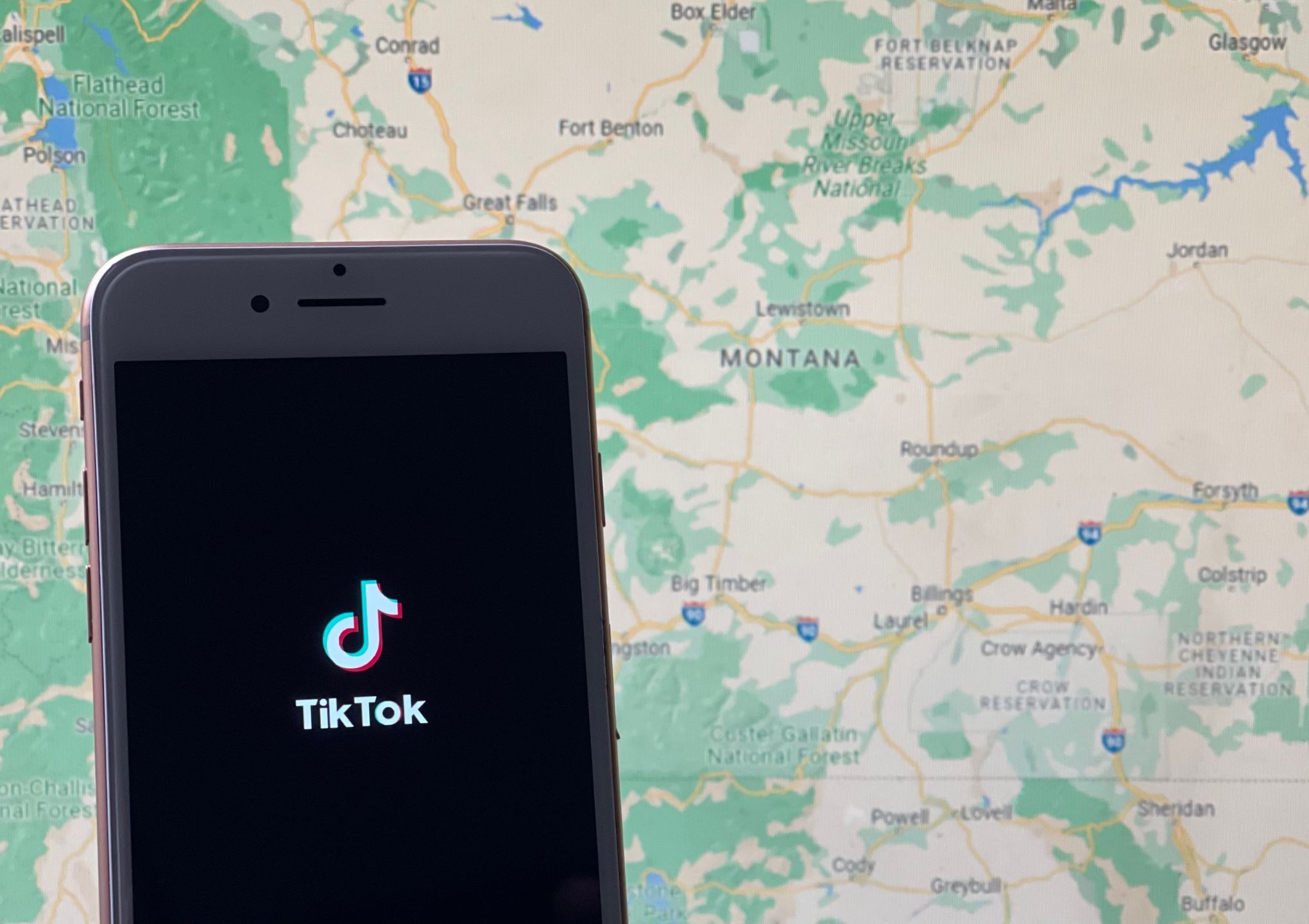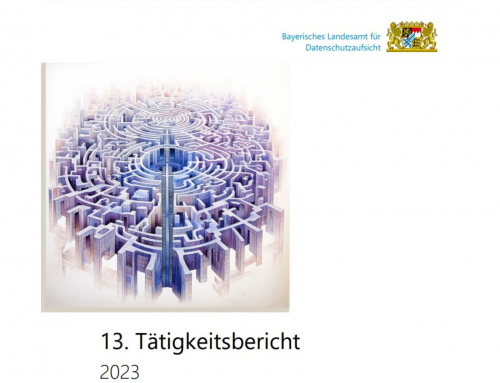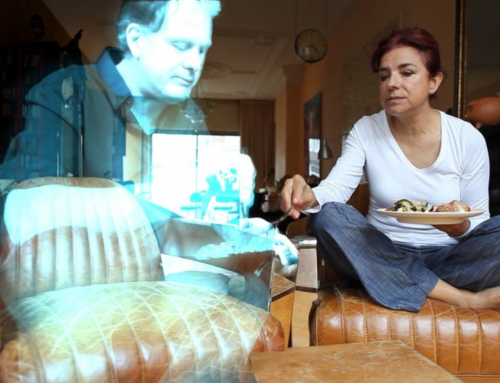Montana has made history by becoming the first state in the United States to enact a ban on the popular video-sharing platform TikTok. Governor Greg Gianforte signed legislation that prohibits mobile application stores from offering the app within the state starting next year. This move is part of a broader trend of escalating actions against TikTok, which has faced scrutiny over its ties to China and potential national security concerns.
Growing Concerns and Escalating Actions:
TikTok, owned by the Chinese tech company ByteDance, has been the subject of increasing scrutiny in recent years. Many have raised concerns about the app’s data privacy and security practices, fearing that its ties to China could pose a risk to national security. Over half of US states and the federal government have already banned the app on government devices, with the Biden administration even threatening a national ban unless the company sells its shares.
TikTok’s Response and Legal Challenges:
TikTok has consistently denied any wrongdoing and has stated that it has never shared user data with the Chinese government. In response to the Montana ban, the company argued that it infringes on the First Amendment rights of the people and vowed to defend its users’ rights both inside and outside the state. It is likely that legal challenges will arise against the ban, and the outcome of these challenges will determine the path forward for TikTok in the United States.
Impact on Users and Creators:
With over 100 million users in the US, TikTok is undeniably one of the most popular social networks globally. The ban raises questions about how it will be enforced and what it means for the creators who rely on the platform for their content. As Montana serves as a testing ground for a TikTok-free America, it will undoubtedly have implications for national lawmakers’ visions and potential actions regarding the app.
Montana’s Ban and Additional Restrictions:
Montana’s new law, set to take effect on January 1st 2024, prohibits the downloading of TikTok within the state. Entities, including app stores and TikTok itself, could face fines of $10,000 per day for each instance in which someone is offered the ability to access the platform or download the app. However, the ban does not apply to individual users.
Criticism and Controversy:
Critics of the ban argue that it represents government overreach and can be easily circumvented using virtual private networks (VPNs). Internet freedom advocates and others have also voiced concerns about the US crackdown on TikTok, claiming that it amounts to censorship. Opponents argue that the ban infringes on the free speech rights of Montanans who use the app to express themselves, gather information, and run their small businesses.
Conclusion:
Montana’s groundbreaking ban on TikTok sets a precedent for other states considering similar actions. The controversy surrounding TikTok’s ties to China and potential national security risks continues to fuel the debate. As legal challenges unfold, the outcome will shape the future landscape of TikTok and its presence in the United States. The ban also raises broader questions about internet freedom and the balance between national security concerns and individual liberties in the digital age.







